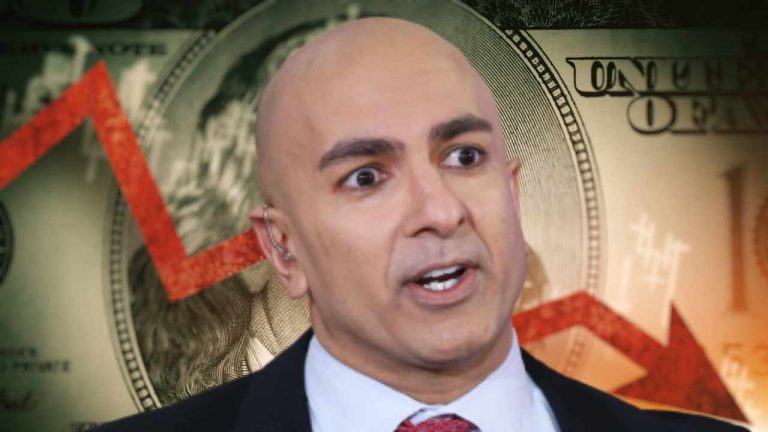On the 14th and 15th of November, attendees flocked to the exhibit hall for the betterment of their networks and businesses. Participants had the chance further their knowledge on matters such as regulation, crypto, clearing, market structure, geopolitics, ESG, enforcement, post-trade, and innovation in derivatives.
Among the attendees was Transaction Network Services (TNS), an infrastructure-as-a-service firm. Founded in 1990 and recently acquired by Koch Equity Development LLC, a subsidiary of Koch Industries, Inc., TNS provides infrastructure, hosting and colocation, market data, and network connectivity.
FinanceFeeds spoke with Jeff Mezger, VP Product Management, who explained that the company caters largely to institutional banks, prop shops, hedge funds, vendors, and exchanges, looking to deploy their trading systems.
Will CME Group pursue its FCM license following FTX’s collapse?
Amid the collapse of FTX, our Editor-in-Chief took the opportunity to ask Mezger about CME Group’s attempt to secure an FCM license with the CFTC, a move that has been highly criticized by many brokers for a potential conflict of interest. CME applied with the CFTC after FTX’s initiative to become an FCM.
“I saw it as a defensive move by CME. Not to disrupt how the industry works, but, to a large extent, force the CFTC’s hand. If the CFTC is going to allow this for FTX, are they going to allow it for a firm the size and importance of CME?” said Mezger, reiterating the defensive move was aimed at maintaining the status quo.
“It will be interesting to see if the CME continues to pursue it,” he added, as FTX presumably no longer exists.
TNS helps firms deal with disruptive infrastructure events
The TNS executive also spoke about the current exchange consolidation trend and how it drives firms to outsource their trading infrastructure, giving the Euronext – Borsa Italiana merger as an example of a disruptive event in terms of infrastructure that is sometimes not anticipated.
TNS is the one to talk to for handling the prep work, including tech, protocols, commercial agreements, market data agreements, he continued, adding that it has a 12-month waitlist of clients looking to procure new switch hardware and demand is expected to grow.
Public cloud is flexible but needs high-performance of bare metal servers
When asked about the rise of the public cloud, namely AWS, Microsoft Azure, and Google, Mezger pointed to their limitations as they are not purpose-built for the financial markets and are unable to cope with the needs of the industry.
For instance, the public cloud can’t handle large volumes of multi-asset market data nor does it offer the required ultra-low latency – two features that are critical today. But the public cloud still makes sense in some use cases, which is leading to the rise of a hybrid trend, bringing together the best of both worlds: the flexibility of the cloud and the high performance of existing bare metal servers.
“We partner with all public cloud providers, but additionally offer a hybrid platform with the deterministic performance of the private cloud,” said Mezger.
As an infrastructure provider, cloud challenges were a main theme at FIA Expo this year – firms are struggling with how to navigate that because public cloud is not fit for service.
The interview also covered other emerging industry trends, namely trading outside of traditional U.S. stock exchange hours. This is being made possible by firms such as Blue Ocean ATS, which partnered with TNS last month to expand its capabilities to the APAC region.
“We’re seeing demand from HFT prop shops, and a lot coming from Asian brokerages, funds, etc,” he said. “Trading is certainly globalized. We have 24/7 markets (FX, crypto, derivatives) and we’re seeing it play out with firms like Blue Ocean.”
The post FIA Expo 2022: TNS addresses public cloud limitations with hybrid infrastructure appeared first on FinanceFeeds.



